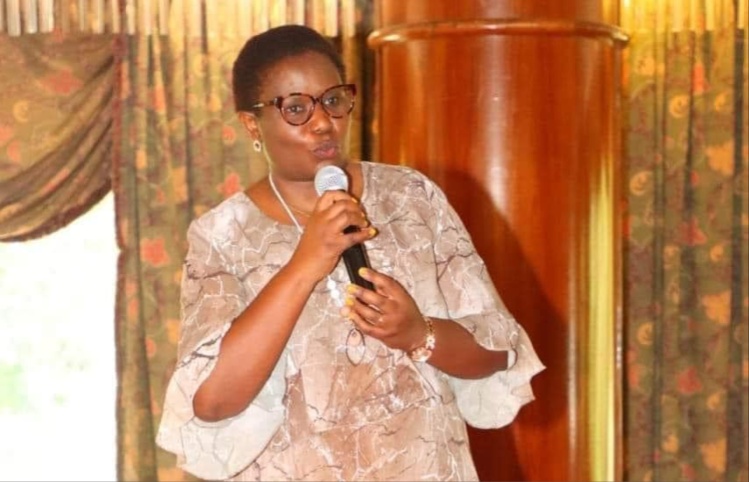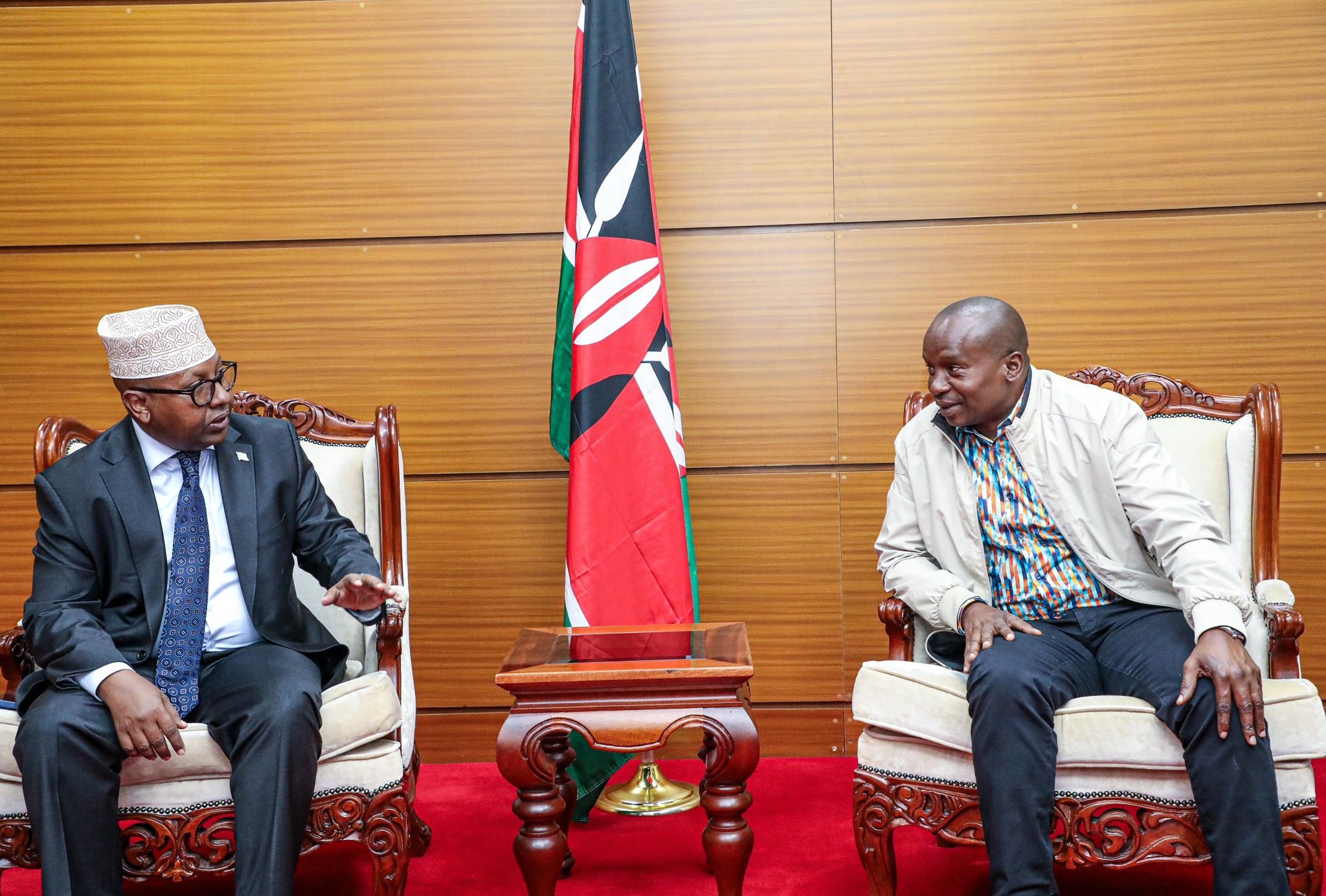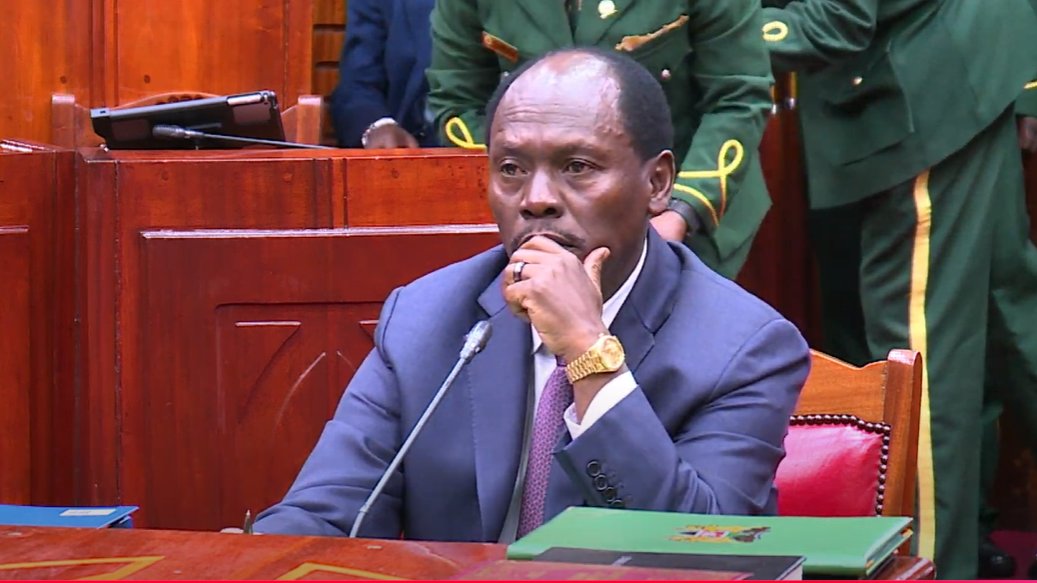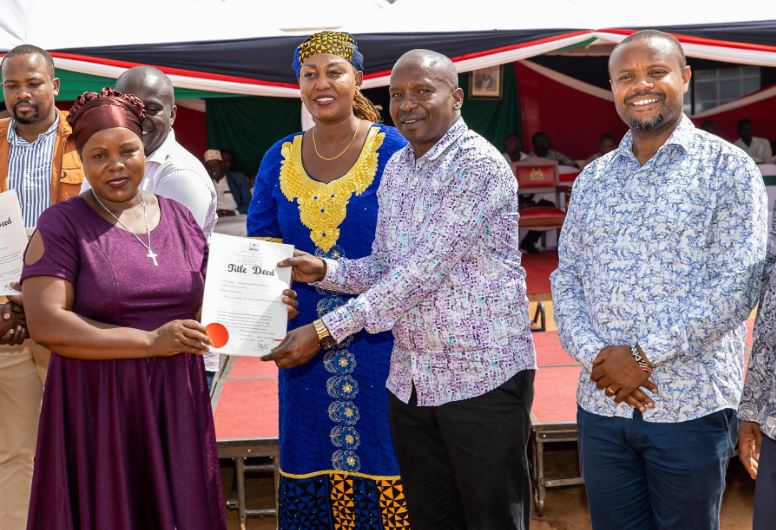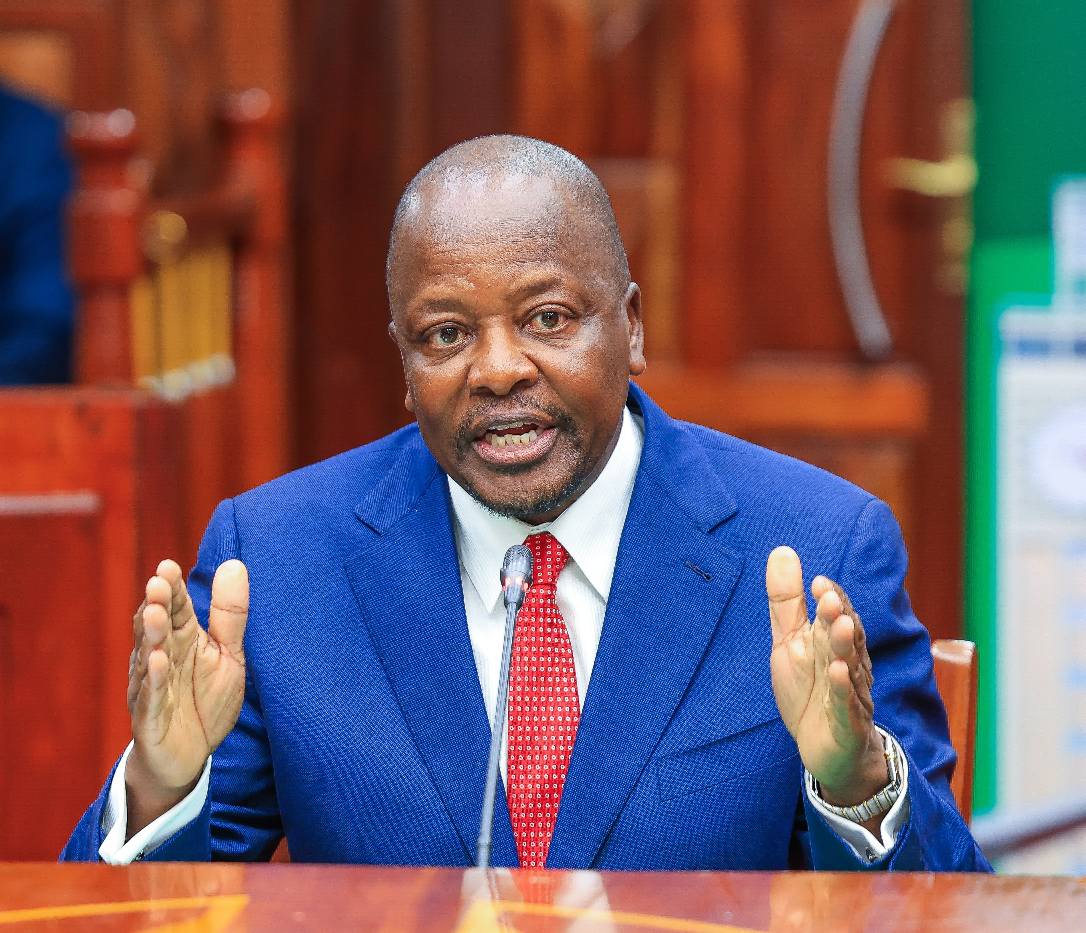The Senate, in a decision that underscored the high stakes and political tensions surrounding the impeachment of Meru Governor Kawira Mwangaza, chose a plenary hearing over a committee process on Wednesday, August 14, 2024, to determine her fate.
The debate, which played out in the Senate chamber, highlighted the divisions among senators on the best approach to handle the case, with each side presenting compelling arguments for and against the plenary and committee options.
Narok Senator Ladama Olekina, a vocal advocate for transparency, argued passionately in favour of the plenary hearing.
“There is a lot of sensationalization on this matter of impeachment with severe allegations being thrown by both parties,” Olekina stated.
“I think if we reduce this to a committee, others might argue that it’s a clandestine move to either save or impeach the governor. The entire country and the world should observe these proceedings.”
In contrast, Nairobi Senator Edwin Sifuna supported a committee hearing, citing practical reasons such as the Senate being on recess and the anticipated low attendance at a plenary session.
“Many of the people who are shouting plenary here we have been with them through these processes before. You will be sitting there and there will be three people in this chamber. Many of them do not even sit through those proceedings as much as they want to make noise in this particular moment then say they want plenary,” Sifuna remarked.
“It is not fair to drag the entire Senate to sit here just to listen to these allegations,” Sifuna argued, adding that the committee process would allow for a more thorough examination of the evidence and greater participation from nominated senators.
Despite Sifuna’s arguments, the majority of senators voted in favour of a plenary hearing, signalling their preference for a more transparent process that allows the public to witness the proceedings.
Following the vote, Senate Speaker Amason Kingi announced that the Senate would convene for the plenary hearing on Monday, August 19, and Tuesday, August 20, 2024, to deliberate on the charges against governor Kawira Mwangaza.
This marks the third impeachment attempt against Governor Kawira Mwangaza, who was ousted by the Meru County Assembly on August 8, 2024.
The Senate’s upcoming decision will determine whether she retains her position or is permanently removed from office, a decision that could have far-reaching implications for governance and political stability in Meru County.
As the Senate prepares for what promises to be a highly charged and closely watched session, the outcome will not only affect governor Mwangaza’s political future but also set a precedent for how such cases are handled in Kenya’s evolving democratic landscape.

